About Us
Traditional Naturopath & Functional Medicine Holistic Doctor San Diego Hi, I’m Dr Gaila and I help patient who suffer with belly pain, bloating and constipation and many other health conditions.Read more


Dietary B vitamin intake and incident premenstrual syndrome
Author Affiliations
Abstract
Background: Thiamine, riboflavin, niacin, vitamin B-6, folate, and vitamin B-12 are required to synthesize neurotransmitters that are potentially involved in the pathophysiology of premenstrual syndrome (PMS).
Objective: The objective was to evaluate whether B vitamin intake from food sources and supplements is associated with the initial development of PMS.
Design: We conducted a case-control study nested within the Nurses’ Health Study II cohort. Participants were free of PMS at baseline (1991). After 10 y of follow up, 1057 women were confirmed as cases and 1968 were confirmed as controls. Dietary information was collected in 1991, 1995, and 1999 by using food-frequency questionnaires.
Results: Intakes of thiamine and riboflavin from food sources were each inversely associated with incident PMS. For example, women in the highest quintile of riboflavin intake 2-4 y before the diagnosis year had a 35% lower risk of developing PMS than did those in the lowest quintile (relative risk: 0.65; 95% CI: 0.45, 0.92; P for trend = 0.02). No significant associations between incident PMS and dietary intakes of niacin, vitamin B-6, folate, and vitamin B-12 were observed. Intake of B vitamins from supplements was not associated with a lower risk of PMS.
Conclusions: We observed a significantly lower risk of PMS in women with high intakes of thiamine and riboflavin from food sources only. Further research is needed to evaluate the effects of B vitamins in the development of premenstrual syndrome.
The American Journal of Clinical Nutrition February 23,2011